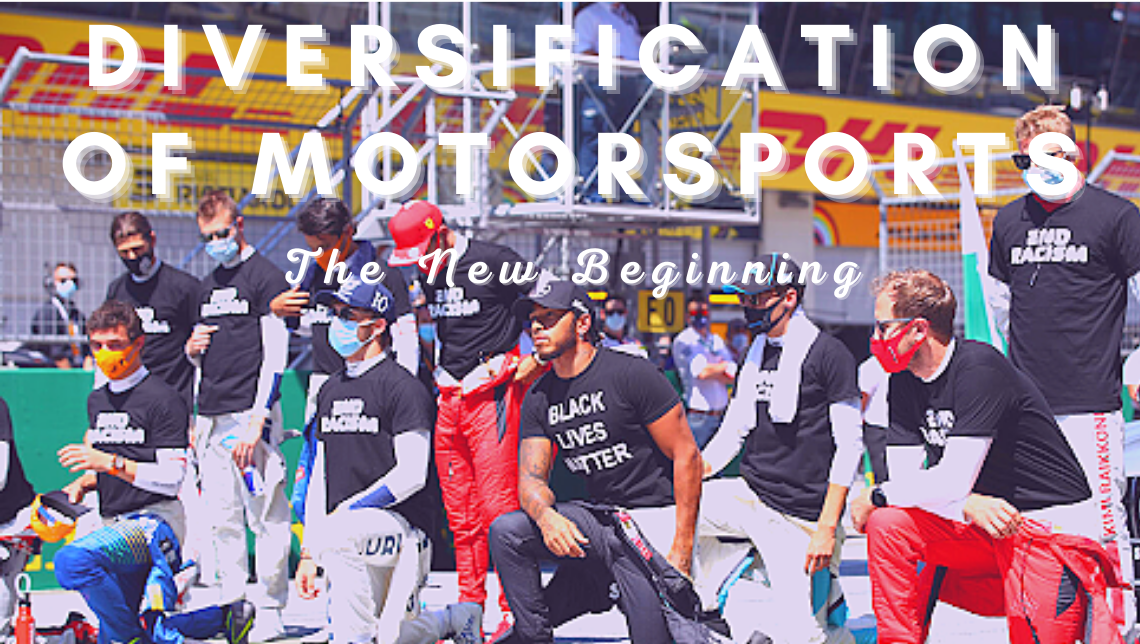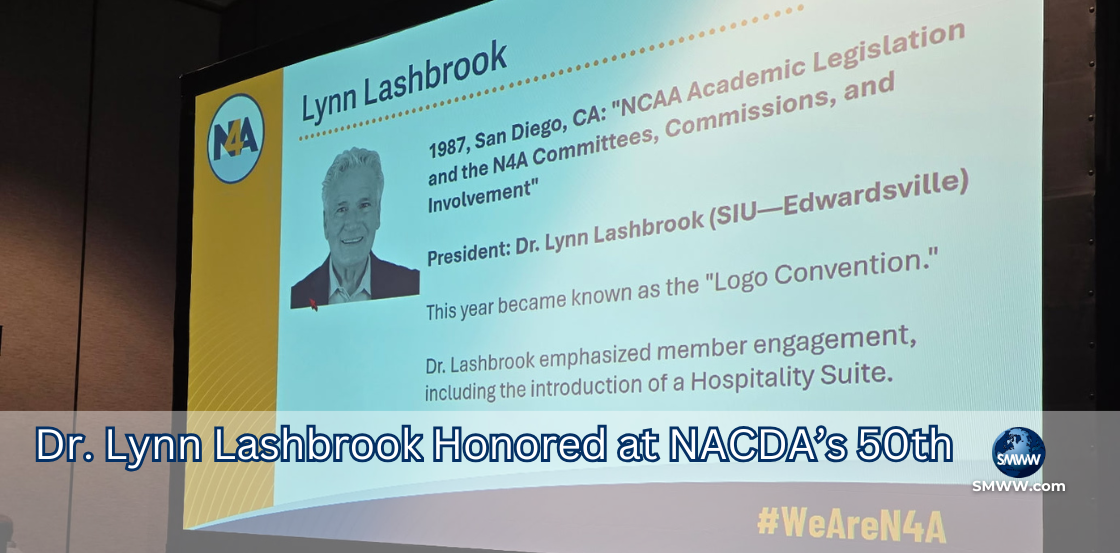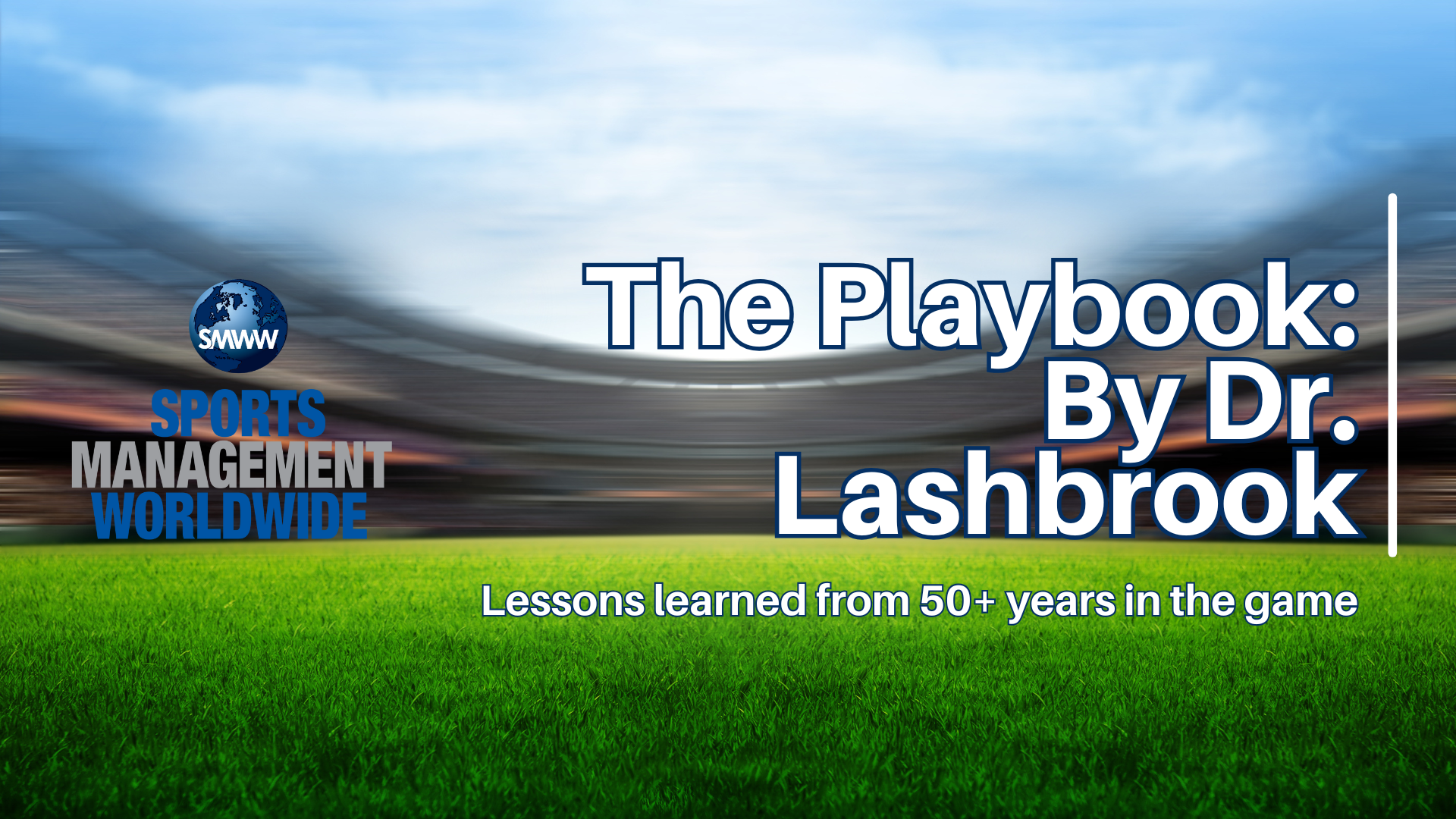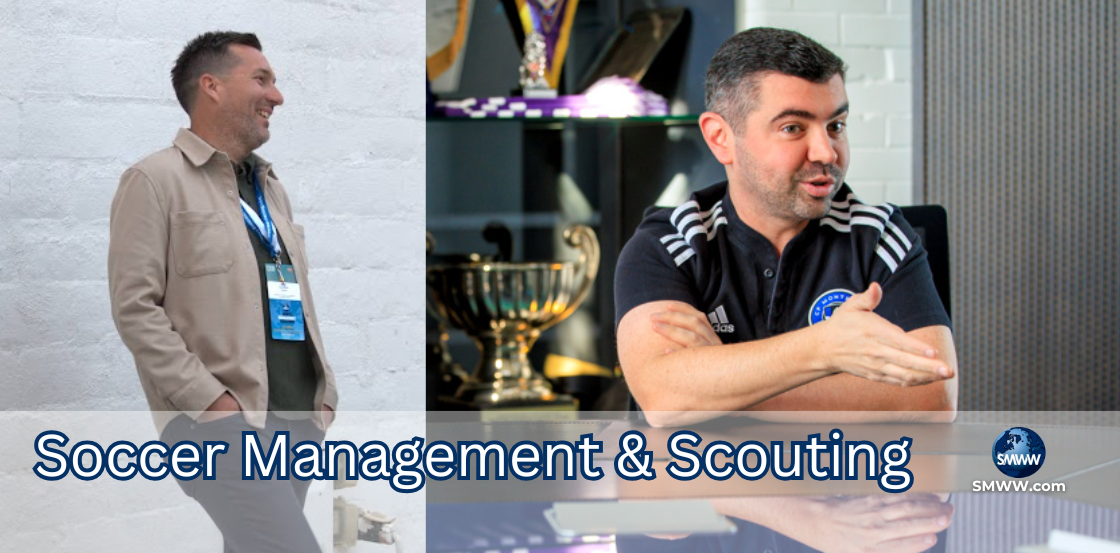
Diversification of Motorsports: The New Beginning
February 09, 2021
by
The Dayton 500 is the Super Bowl of motor racing, it is the premier racing event of NASCAR, the largest racing organization in the United States. It has some major problems on its hands. On the surface, it’s attendance, not just due to COVID, but the trend in attendance has been declining. In 2006 the Daytona 500 attracted 200,000 spectators to its stands. 200,000! To put that into perspective, the Maracana Stadium in Brazil can fit 200,000 screaming fans for the Brazilian national team. However, the Daytona 500, and nearly all NASCAR tracks haven’t experienced growth or even a level of consistency in their attendance record, they have been in a big decline over the last decade. Viewership and attendance are down and this decrease has been well documented.
NASCAR and motorsports in general have another problem on their hands, and it runs deeper than the ticket booth or the concession stands. Its Race. Pardon my pun, but it's true. Between NASCAR and Formula 1 (F1), there are a combined two full-time black drivers. Two. Out of 54 total full-time drivers, 34 in NASCAR and 20 in F1. NASCAR, whose fan base (while shrinking) still remains one of the largest in the United States, yet only has one full-time black driver, who is the first full-time black driver since 1970. F1, a much more popular and global sport, has one full-time black driver and he happens to be the best current driver and arguably the greatest of all time. Lewis Hamilton, who just won his 7th World Championship and helped his team, Mercedes-AMG Petronas F1, secure their 7th straight Constructors Title.
In NASCAR, the one black driver is Bubba Wallace, who was highly active in the push for racial equality and voicing his support for the Black Lives Matter movement that gained international attention and support in the wake of the killing of George Floyd, Brianna Taylor, Ahmad Aubrey, and countless others. Bubba gained a lot of attention, support, and backlash for his stance on racial inequality in the United States.
(Bubba Wallace, hand on the car)
Both NASCAR and F1 committed to their support to the two black drivers among their ranks. Bubba Wallace was surrounded by his fellow NASCAR drivers in a moment of solidarity at Talladega Speedway. For the “Blue-Emu Maximum Pain Relief 500”, Wallace’s car was painted in a special “livery” (paint job) featuring interlocking black and white hands, peace symbols, and the message of “Compassion, Love, Understanding”. Richard Petty, the owner of “Richard Petty Motorsports”, who is one of the most successful NASCAR drivers, also showed his support for Bubba by contributing to Bubba’s special paint job for that race.
Now, in the wake of all of these movements and shows of support, one thing has emerged that is more important than words of support or special paint jobs, action. In NASCAR, Bubba Wallace has moved to a new team, a team that has an owner who is recognized globally for being the best basketball player to ever grace the court. Michael Jordan. Michael Jordan, who now co-owns 23XI-Racing, entered into the NASCAR space not only as a business venture but as an opportunity to be a catalyst for NASCAR’s push to be a more diversified sport.
Another new owner, with global appeal and who has owned the nickname of “Mr. Worldwide” is entering into the space too. Pitbull, a global Latin pop star is gracing NASCAR with his presence and ownership. Pitbull bought into Trackhouse Racing, whose driver is of Mexican descent. Daniel Suarez, the driver, has been in NASCAR for 5 seasons and adds more diversity as well as international appeal to the sport.
These two owners, who are minorities themselves, are helping drive the NASCAR industry forward towards a more diverse culture and potentially open up new audience markets. Both Pitbull and Michael Jordan have huge followings and not only is NASCAR interested in capitalizing on those markets from a financial standpoint but also looking to diversify their audience and their drivers too.
On the F1 front, Lewis Hamilton was the face of Formula1’s push to show their support for racial equality on a global front. All 20 F1 drivers wore shirts with either “End Racism” or “Black Lives Matter'' on them and some, but not all, chose to kneel during the national anthems for each host country’s race. Additionally, in a break from tradition, Lewis’ team Mercedes, commonly known as the “Silver Arrows”, decided to paint their car in a black design rather than their popularly known silver design.
(Lewis Hamilton, knelt with “Black Lives Matter” shirt”)
Formula1 launched its Diversity and Inclusion commission 2 years ago in its effort to increase the sport's diversity, not only amongst drivers, but its staff, fans, and stakeholders. With Formula1 being a much more global sport than NASCAR, its responsibility seems greater to be more diverse and inclusive than NASCAR, but both still hold the duty to be as inclusive and open to all of those who wish to participate or consume in their products.
These steps toward a more inclusive NASCAR or Formula1 are a show of force and dedication to a more diverse environment. Motor racing is already hard enough to get into from a financial and competitive standpoint. Now, with the efforts of Michael Jordan, Pitbull, and F1’s diversity commission they are dedicating themselves to opening their doors for all. Will this increase attendance, tv viewership, sponsorship, and general popularity? Maybe. I believe it will, and as I like to say, access to opportunity democratizes diversity, which is a fancy way of saying the more doors that are open, the more people who can walk through them. NASCAR, F1, NFL, NBA, and so on must and should dedicate themselves to being as inclusive as possible because at the end of the day, the more people in the stands, watching their tv’s, or engaging with that product the more money those organizations make. Sports are a weapon of mass-construction and we are so proud to see organizations and leagues do their best to incorporate as many people as possible. At the end of the day, sports is what unifies us and we should continue to lean on that common ground in our collective efforts to welcome everyone into this great industry we know and love.
Sincerely,
Dr. Lynn Lashbrook










